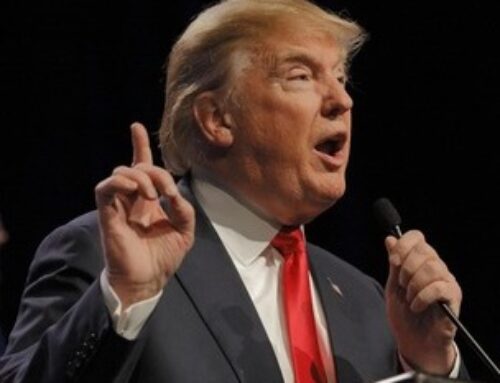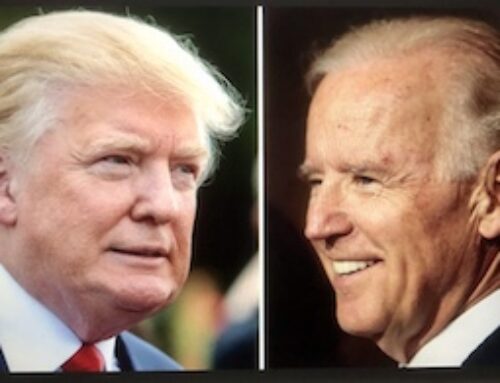
Despite my confidence in the candidate, however, I felt oddly uncomfortable in casting my vote. The reason was not the fact that he made one or two mistakes in the debates. (All the candidates made mistakes, in some cases more grievous ones than his.)
The reason was, instead, that I felt the pressure of the pollsters and the media NOT to vote for my candidate. For some time their message has been, “He just can’t win. It’s a statistical impossibility. And even if by some miracle he did win in Florida, he couldn’t win the nomination, let alone the general election.”
The message is not peculiar to Florida. It has been used around the country, and against more than one candidate. In fact, most of the candidates have been assigned that can’t-win label at one time or another.
I’ve been voting for more than half a century and I’ve never seen such direct and unrelenting pressure on voters to violate their own best judgment. It seems that manipulators in both political parties and their media supporters are finding more clever ways of shaping the outcomes of elections.
The most honest approach to winning office is to develop sound policies that benefit the public, marshal evidence that supports them, and then persuade the public that they are superior to competing policies. The most dishonest approach is to ignore issues and policies altogether, praise oneself, demonize one’s opponents, create a mantra with emotional appeal, and repeat it so often that it seems like a timeless truth.
The latest dishonest approach is borrowed from an old propaganda device known as “Bandwagon.” It says, in effect, “Everyone is jumping on the bandwagon and it’s moving away—don’t be left behind.” In the case of this election, it’s saying “The outcome of the election is already clear, so don’t waste your vote on someone that has no chance of winning.”
This pressure became evident in late February after the South Carolina primary. What was new is that it was used with voters rather than candidates. (Earlier in the campaign, after the Iowa Caucus, candidates Huckabee, Paul, Santorum, Fiorina, Christie, Gilmore, Bush, and Carson were pressured to leave the race “for the good of the party.”)
What are the effects of pressuring voters to abandon their preferred candidates?
It manipulates the electoral process by placing more importance on the votes of citizens in early primary states
It fosters the notion among voters in later primary states that their votes don’t really matter and thus reduces their motivation to cast a ballot
It shifts the focus of elections from who is the best, most qualified candidate to who has the best chance to win the nomination and thus discourages even conscientious voters from thoughtful comparison of candidates’ positions on issues
The candidate I voted for in the Florida primary did not win and I am naturally disappointed in that outcome. But did his loss mean that my vote was wasted? No. The only way it would have been wasted is if it had been based on the pressure of others rather than my own reasoned judgment.
Copyright © 2016 by Vincent Ryan Ruggiero. All rights reserved

